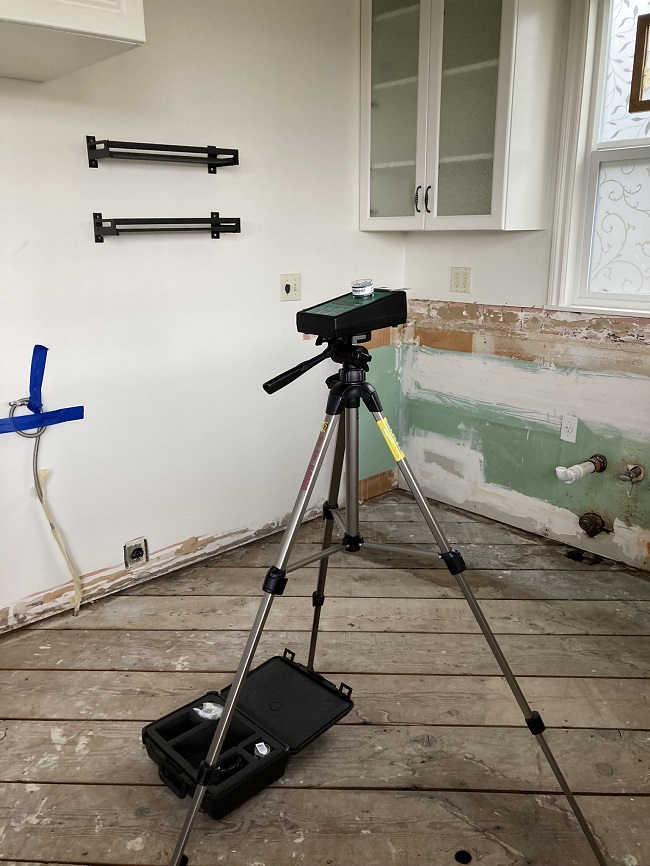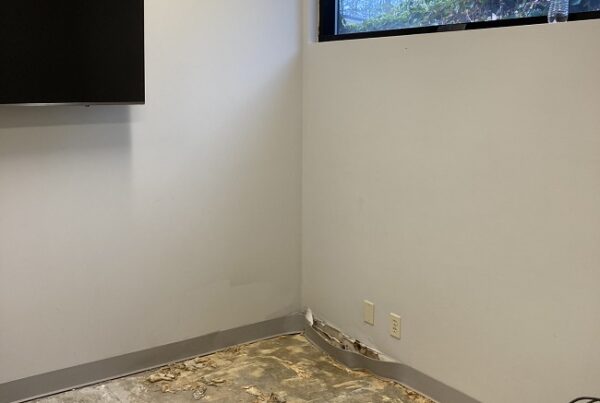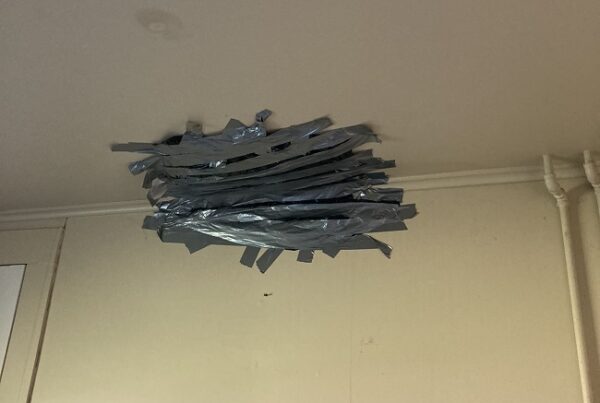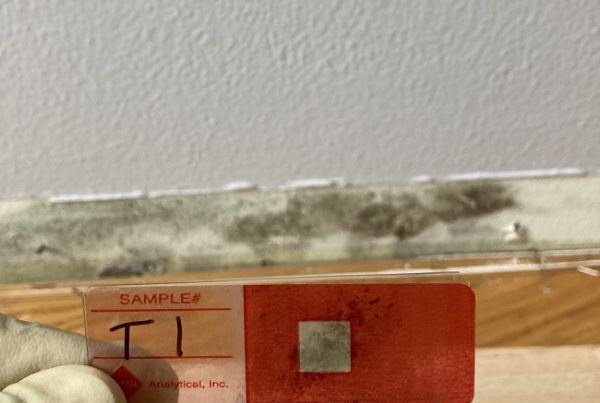
Your employer has assigned you to a new position in the company, which comes with a nice raise, but you’ll need to relocate from sunny phoenix to Seattle, WA. Knowing that you have allergies, you are concerned about mold in the new home you are moving into in Seattle. The Seattle area is known for its constant overcast days during the fall and winter months with long periods of rainy days, but it has beautiful nature, and the climate is decent enough to do lots of outdoor activities.
The emerald city has many cloudy and wet days, which can contribute to mold growth. However, you can still live a good life in Seattle, keep your home safe from elevated mold growth, and control your allergies. It would help if you had your home inspected and tested for mold before moving into a rental home or one you plan on purchasing. Doing so can reveal potential mold problems that can become costly and prevent allergy issues. Not checking for mold before signing a rental lease could leave you stuck with a mold-infested home that you cannot break from the lease. Every home should have a mold inspection around every 18-24 months.
There are many options to test your home for mold. Buying a do-it-yourself kit that you can get online or at a hardware store, which is very affordable, or you can hire a certified mold inspector or an indoor air quality professional to do the job for you. The do-it-yourself option is cheap but has its drawbacks—there isn’t an inspection to do a complete inspection in the process who knows about mold and water intrusion; however, hiring professional costs more but could be worth every penny. It is best to start with a visual inspection; tools such as relative humidity meters, moisture meters, and infrared cameras are useful in the investigation of mold. It is helpful to collect air and surface samples for apparent mold testing. The areas prone to mold are dark and damp, behind furniture, appliances, basements, attics, and spaces with high water activity—bathroom, kitchen, and laundry room.
Mold testing near me
Many competent companies in the Seattle area work with mold, environmental consultants, and mold remediation companies. It is important to note that it is a conflict of interest for a company to offer mold testing, inspection, and remediation services. It is best to hire these professionals separately; these are two very different disciplines, even though they work with mold. The environmental consultant performs the investigative work, whereas the mold remediation specialist removes that mold and does not necessarily deal with finding the root cause or other potential cause of mold. A mold inspector will provide a report to help the remediation company do its work more effectively. You can find a professional by asking around for a referral, which is the best way to find someone you can trust, or you can turn to the internet and find them on home services marketing websites like angi or search google.



